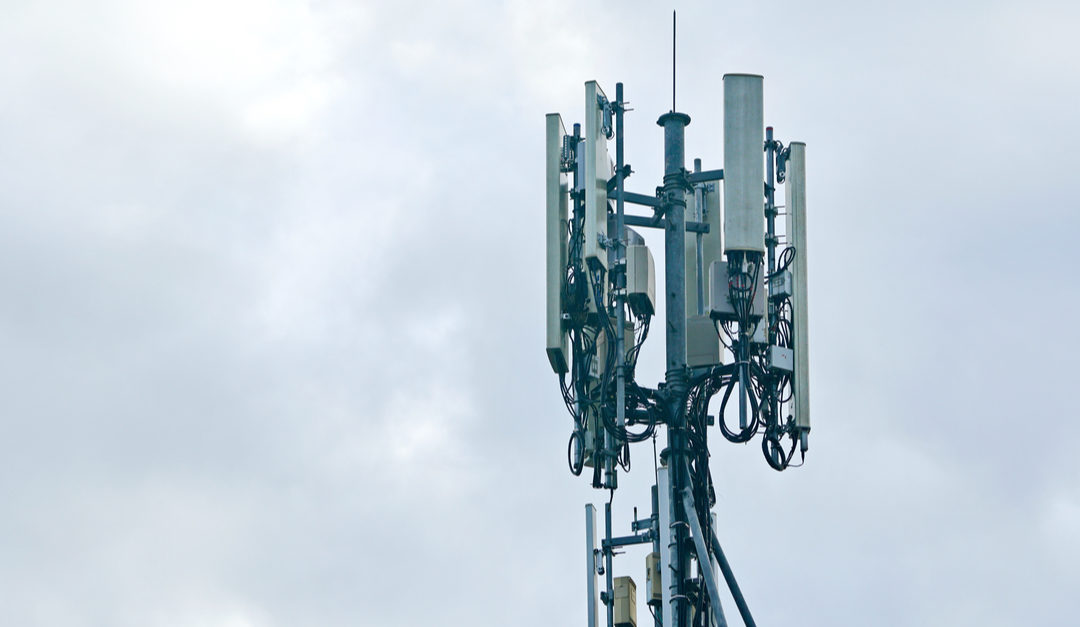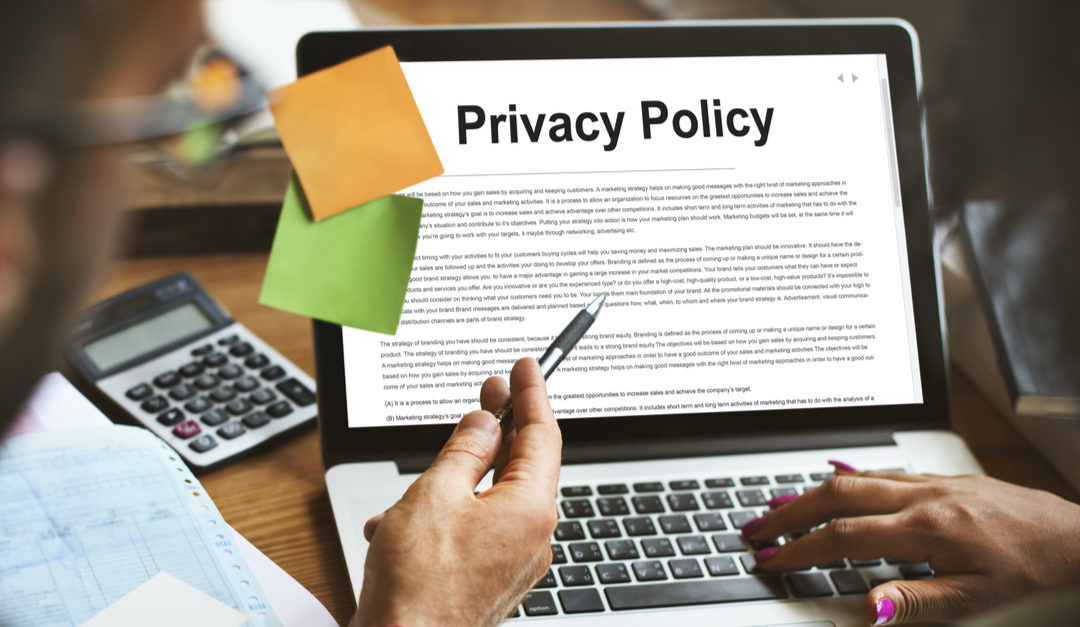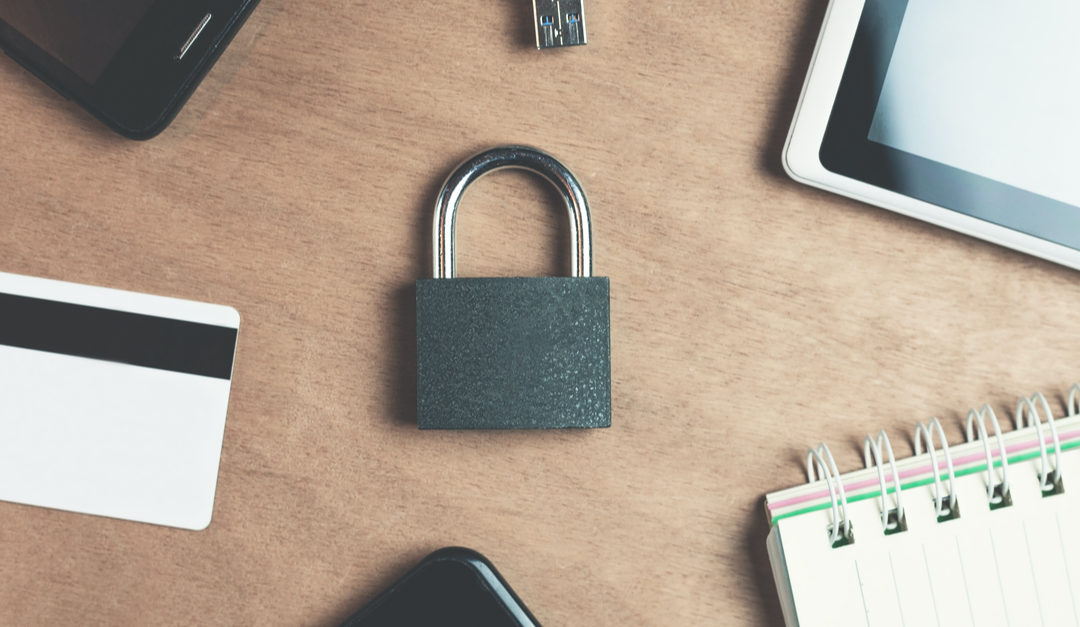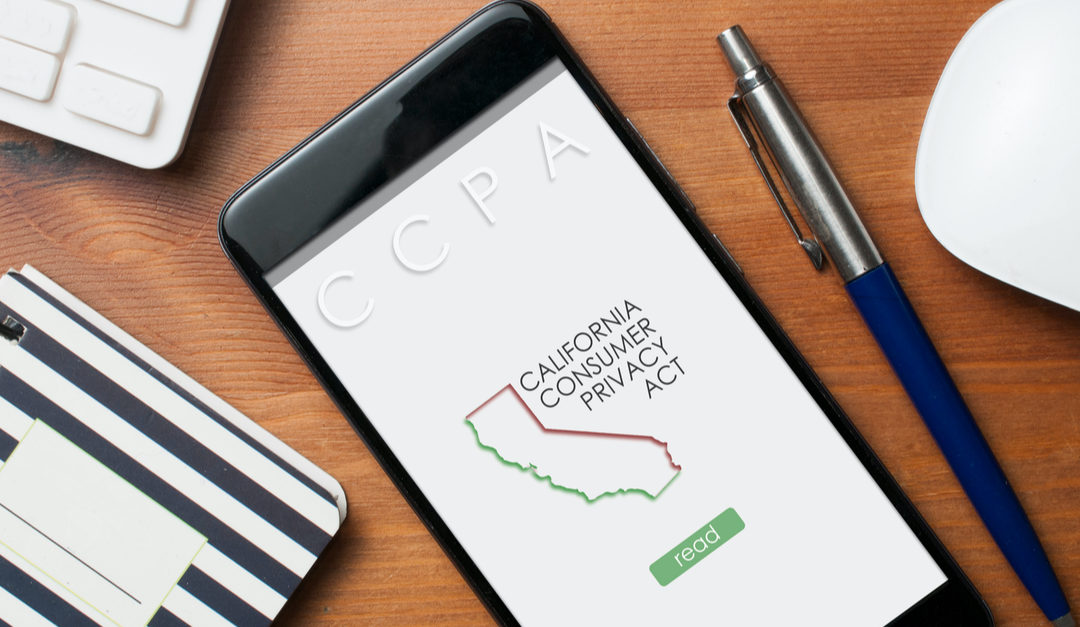Usage based billing (UBB), also referred to as pay as you go, pay-per-unit, or metered pricing, amongst others, is a billing model used across a variety of industries that charges users based on what they actually use instead of a fixed rate that is the same for everyone. This billing approach is common for services where usage can vary widely, and the approach is increasingly common especially as software-as-a-service continues its popularity with customers.
Of course, there are always those who believe they have a better way for a business to operate, and for some of those people UBB is just not acceptable. They envision an online world where everyone pays the same no matter what they are doing online. Someone who only needs access to read and send email would be charged the same as the upstart crypto miner down the block; the person only reading restaurant reviews on Saturday would pay the same as 24/7 high-definition graphics game player.
Imagine purchasing electricity this way. Your 1,200 square foot house only cooled to 74 degrees in August would cost the same as the 10,000 square foot, 64-degree house down the road. How about paying the same to take an Uber to the grocery store while your neighbor takes one across the country and you both pay the same rate? This system works for no one, except maybe the regulators. Regulators, and legislators, are often so eager to require that certain industries operate in a manner they imagine is most beneficial that they forget the damage they do to consumers and innovation.
Innovation takes many forms. Most obvious, perhaps, is the new gadget, but services, operations and billing practices all result in greater benefits for consumers when those functions also are infused with innovation.
Government forcing internet service providers, or any business, to sell their product or service at a fixed price rather than a pricing system that works for them and their customers is just run of the mill price controls. Those who claim that ending the option to offer usage based billing protects consumers ignore the practice’s wide use throughout our economy. Even worse, they ignore the economic damage that their arbitrary restriction would visit upon most consumers, especially those who use internet access less than average.
So, who are those who have internet access but use it less than others? To answer in the reverse, according to Pew Research, urban residents under 50 years old are the heaviest users and often report that they are “always on.” Suburban users less so and rural users even less. Those 65 years old and older also use the internet less. These then are the biggest losers in this government regulatory scheme — suburban and rural retirees.
The pursuit of one price fits all also signals a deep and disturbing misunderstanding of how an internet service provider operates. Despite some politician’s stated understanding, the internet is not “a series of tubes.” Delivering access to broadband is not akin to delivering water to a home. Rather, the demand on the network, and hence the costs, are dynamic.
Networks are in an almost constant state of expansion and improvement as consumers demand faster, better and further reaching systems. UBB meets this reality by allowing providers to change their pricing as offerings, conditions and consumer demand warrants. Individuals win as services meet the moment.
Regulators may have a role to play but that role is not to curtail innovation and most certainly is not to harm consumers. If they have their way and end UBB for service providers, the losers will not just be those forced to pay higher prices for less but the American innovation landscape broadly.

FCC Chairman Pai Proposes Two Big Wins for American Innovation
FCC Chairman Pai has included an item on the November 18th meeting agenda to free up a slice of spectrum for public use. No longer will it continue to be hoarded by the federal government and left unused. The spectrum in question is the 5.9 band which has been held...

Child Safety for the Virtual Era
Because of the response to COVID, a variety of local and state governments have required many of the nation’s children to attend class online. To try to maintain some sort of social contact many of those same kids are increasingly using electronic devices of various...

Regulatory Leadership, Investment, and the Marketplace: Helping America Succeed in a Pandemic
Regulatory or legislative moves by federal, state, or local governments that presume to know the direction of invention and innovation often lead to any number of unintended consequences. This is regulatory hubris typically resulting in great disruptions to innovation...

Washington’s ‘Knowledge Problem’ About Innovation, Technology and Google
Frequent antitrust interventions into the economy have thankfully been out of fashion in recent years. However, about once a decade Washington uses government’s biggest hammer against industry, antitrust law, in an effort to smash a disfavored company. This is one of...

Is DoD Control of Our 5G Future the US Path to Innovation?
Earlier this week the Department of Defense concluded the time it allowed for people to submit information regarding the Department’s plan to own and operate a national 5G network. The DoD was seeking guidance on how it could support and develop 5G deployment for...

The Last Mile of the Last Mile
Internet access and broadband coverage across the country is one of the many great American success stories of the innovation economy. For the last decade broadband service providers have made major investments, typically ranking as the largest capital-expenditure...

Bartlett Cleland – Everything You Need to Know About California’s New Privacy Law
PRI Senior Fellow in Tech and Innovation Bartlett Cleland joins us to discuss the California Consumer Privacy Act, which took effect on July 1. He discusses the serious flaws with the new law and how it will impact consumers and business owners, looks ahead to...

CCPA critics warn innovation could lose under the law. What’s at stake?
Companies built empires on user data — information volunteered in exchange for services. But with heightened privacy scrutiny, could those companies survive today? The California Consumer Privacy Act is challenging how companies use data and testing their viability....

Prop 24: A Choice Between Expensive Ineffectiveness or a Prosperous Future
On November 3, Californians will be asked to make a what appears to be a simple decision, that is, would they like to increase their privacy? However, where Proposition 24, to enable the California Privacy Rights and Enforcement Act is concerned, appearances are...
Big Government Won’t Improve Broadband in Rural California
Pick nearly any state in the union and likely it has a large swath of rural area and population. Even California, which is rarely thought of as a “rural state,” is still physically more than half rural, with about four million residents living in those areas. Many...

Recent Comments